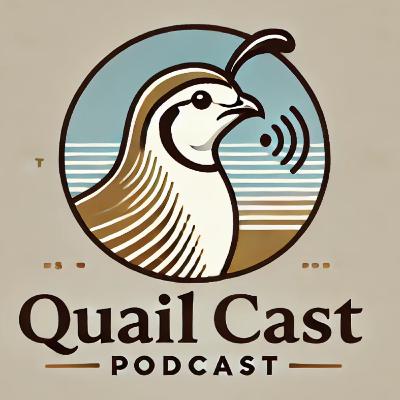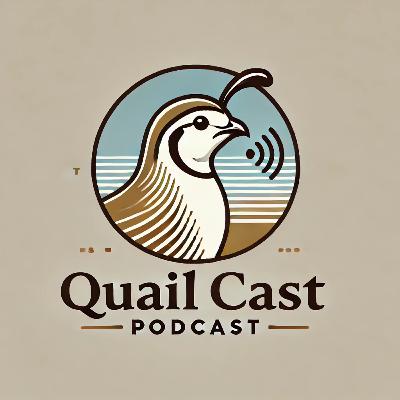10. Tipping Points and Tiny Birds: The Hidden Psychology of Quail Ecology
Update: 2025-03-04
Description
🔍 What if the way we think about science is incomplete? In this video, we dive into Fidel Hernández's groundbreaking 2021 article, "The Colors of Quail Science," which challenges traditional approaches to quail ecology and scientific inquiry. By integrating concepts from psychology, chaos theory, dialectical philosophy, and more, Hernández advocates for a revolutionary approach he calls “dual thinking” —the balance of intuitive, associative thought with analytical reasoning.🌿 Key Themes Explored:Dual Thinking in Science: Why creativity and intuition are just as vital as logic in scientific breakthroughs—and why they’re often overlooked.Psychology Meets Ecology: Could the color of vegetation influence quail reproduction? Hernández explores how animals perceive their world through a psychological lens.Chaos Theory in Quail Populations: What can chaotic dynamics teach us about resilience, unpredictability, and the delicate balance of ecosystems?Tipping Points & Habitat Loss: How small, incremental changes—like habitat destruction—can trigger sudden, irreversible declines in quail populations.Language & Perception: Is the limited vocabulary of quail science holding us back from seeing the full picture?💡 Why It Matters: This isn’t just about quails—it’s about reimagining how we study and interact with the natural world. Hernández pushes boundaries by asking big questions: How few acres lost lead to collapse? How many conserved sustain life? His work inspires scientists and conservationists alike to embrace interdisciplinary thinking and creative exploration.📚 Perfect For:Wildlife enthusiasts fascinated by quail behavior and ecologyScientists eager to rethink conventional methodsPhilosophers and thinkers intrigued by chaos theory, tipping points, and the power of language📖 Quotable Insights:"The forgotten half of scientific thinking is the associative mode—the intuitive, experiential side that fuels creativity.""Small changes can lead to big effects. How different would ecological inquiry be if we considered animals’ psychological lenses?""The language of quail science is poor, leaving us to perceive a steno-chromatic world." 🎥 Join us as we unpack these ideas and reflect on what they mean for science, conservation, and our understanding of nature. Don’t forget to like, share, and subscribe for more deep dives into the fascinating intersections of science, philosophy, and ecology!#QuailScience #Ecology #ScientificInquiry #ChaosTheory #Conservation #Wildlife #InterdisciplinaryThinking
Comments
In Channel






